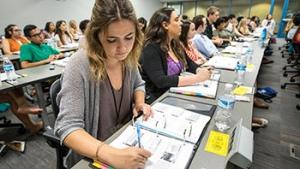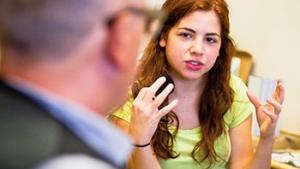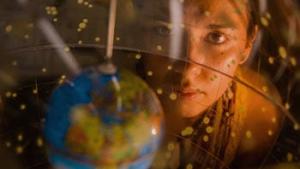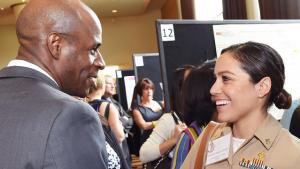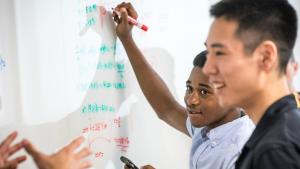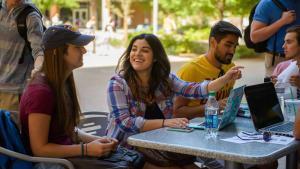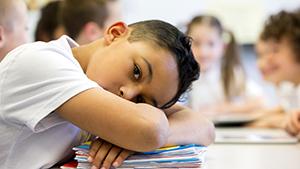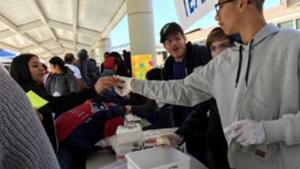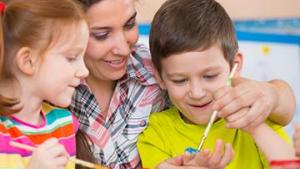Did you know?
T. Denny Sanford School of Social & Family Dynamics has hosted over $14.5 million in major federal and foundation grants over the past 5 years.
We are home to 35 tenured/tenure track faculty, 16 lecturers, 5 research faculty, 3 clinical professors, 2 professors of practice, 3 postdoctoral scholars, and 20 staff.
Family and Human Development at ASU
BS Family and Human Development
If you've dreamed of a rewarding career that impacts the lives of children, youth and families, you'll want to first develop the necessary knowledge, understanding and skills that are key to your success whichever field you plan to enter.
Family and Human Development, MS
Whether you wish to prepare for a rewarding human services career or enhance the one you have, you can do so with this program. Deepen your understanding of families, individuals, relationships and yourself.
Family and Human Development, PhD
Become trained to assume a leadership role as a researcher in a university, a public or privately funded agency, an industry or in government. Enjoy a flexible model of training with renowned faculty who provide professional opportunities.
MAS Marriage and Family Therapy
The MAS-MFT program is the only MFT program at a state university in Arizona. Our curriculum has been approved by the Arizona Board of Behavioral Health Examiners.
